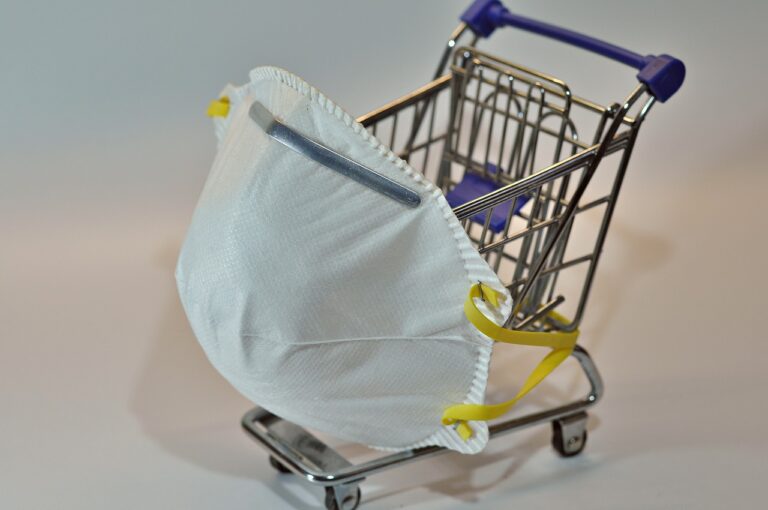Trends in Responsible Electronics Manufacturing Practices
cricbet99, sky99exch, reddy club book:As consumers become more environmentally conscious, the demand for responsible electronics manufacturing practices is on the rise. Companies are now expected to prioritize sustainability, transparency, and ethical sourcing throughout their supply chains. In this article, we will explore the latest trends in responsible electronics manufacturing practices and how they are shaping the industry.
Sustainable Sourcing of Materials
One of the key trends in responsible electronics manufacturing is the sustainable sourcing of materials. Companies are increasingly turning to recycled and renewable materials to reduce their environmental impact. From ethically sourced minerals to biodegradable plastics, manufacturers are exploring innovative ways to create products that are both high-quality and environmentally friendly.
Reducing E-Waste
Electronic waste, or e-waste, is a growing concern as more and more electronic devices are discarded each year. Responsible electronics manufacturers are implementing programs to recycle and refurbish old devices, as well as designing products with longevity in mind. By extending the lifespan of electronics and promoting proper disposal, companies can significantly reduce their contribution to e-waste.
Energy Efficiency
Another trend in responsible electronics manufacturing is the focus on energy efficiency. Companies are investing in technologies that reduce energy consumption during production and use. This not only helps lower carbon emissions but also cuts down on utility costs. From energy-efficient manufacturing processes to eco-friendly product designs, energy efficiency is a top priority in the industry.
Transparency in the Supply Chain
Transparency in the supply chain is essential for responsible electronics manufacturing. Companies are working to ensure that their suppliers adhere to ethical labor practices, environmental standards, and social responsibility. By providing transparency about their sourcing and production processes, manufacturers can build trust with consumers and stakeholders.
Circular Economy Initiatives
Circular economy initiatives are gaining traction in the electronics industry. Companies are adopting business models that promote reuse, repair, and recycling of products. By closing the loop on product life cycles, manufacturers can reduce waste and conserve resources. This shift towards a circular economy is driving innovation and creating new opportunities for sustainable growth.
Collaboration and Partnerships
Lastly, collaboration and partnerships are key trends in responsible electronics manufacturing. Companies are working together with suppliers, NGOs, governments, and other stakeholders to drive positive change in the industry. By sharing best practices, resources, and expertise, manufacturers can collectively address environmental and social challenges.
FAQs
Q: How can consumers support responsible electronics manufacturing practices?
A: Consumers can support responsible electronics manufacturing by choosing products from companies that prioritize sustainability, reading up on brands’ ethical practices, and properly disposing of old electronics through recycling programs.
Q: Are there certifications for responsible electronics manufacturing?
A: Yes, there are certifications such as EPEAT, TCO Certified, and Fairphone that verify a company’s commitment to responsible electronics manufacturing practices.
Q: What role can governments play in promoting responsible electronics manufacturing?
A: Governments can incentivize sustainable practices through regulations, subsidies, and tax breaks, as well as support research and development for eco-friendly technologies.
In conclusion, responsible electronics manufacturing practices are shaping the industry for the better. From sustainable sourcing to circular economy initiatives, companies are embracing new trends to create products that are good for the planet and society. By prioritizing sustainability, transparency, and collaboration, manufacturers can pave the way for a more ethical and environmentally friendly future.







